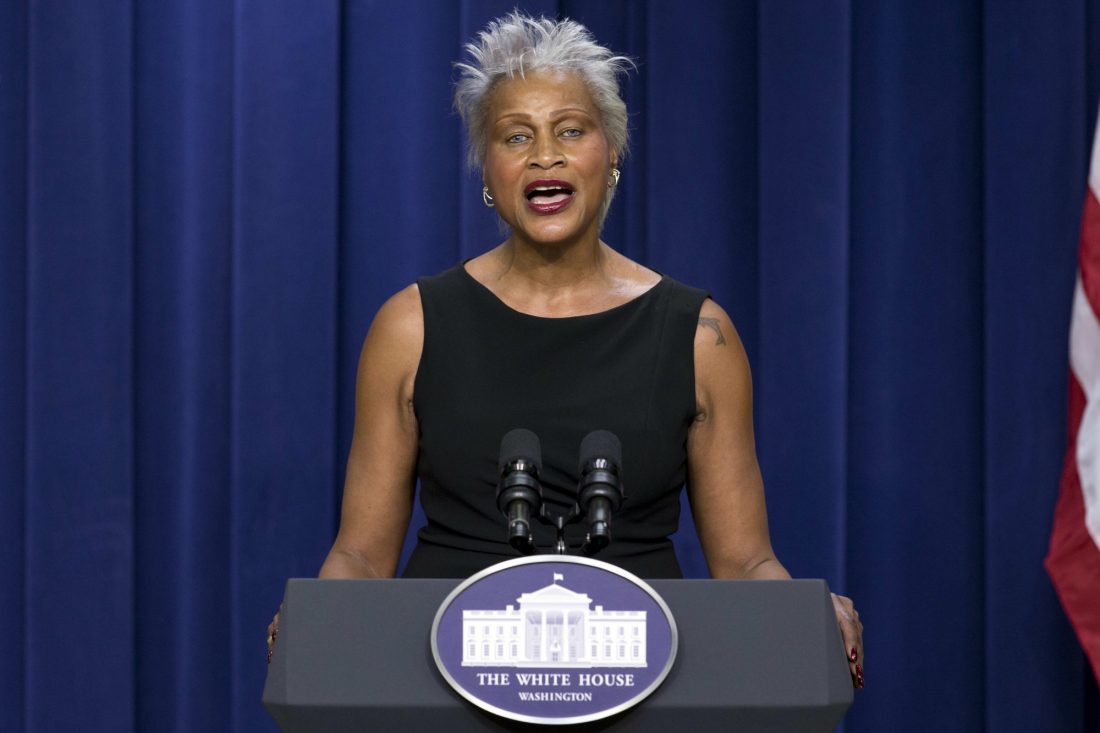JUNEAU, Alaska (AP) — A Republican lawmaker who was the lone no vote on a bill to make February Black History Month in Alaska on Thursday suggested that issue should not be a focus so late in the legislative session.
Rep. David Eastman of Wasilla said that as a state, “I believe we’re not doing right by African Americans or any Alaskans today. I think passing a new law saying how much politicians care about African Americans is fundamentally dishonest.”
“I think Alaskans deserve to feel safe in their homes, and I think we should be focusing on giving that back to them right now,” he told The Associated Press, adding later that the bill is “not what I was sent here to focus on right now.”
Thursday marked the 108th day of the 121-day session. Bills addressing crime, a top issue heading into the session, continue to be worked on.
Sen. Elvi Gray-Jackson, an Anchorage Democrat and one of three black Alaska state lawmakers, sponsored the bill to establish Black History Month. With the House’s 37-1 vote, it passed the Legislature Thursday and next goes to the governor.
Gray-Jackson said she watched the House floor vote and was moved to tears. Eastman, who frequently speaks on the House floor, did not speak on the bill before voting Thursday. Gray-Jackson said she was glad he didn’t speak.
“The only thing I cared about, because I knew he was going to vote no, was him getting up, talking and wasting people’s time and making people feel uncomfortable by his comments,” she said.
She said she feels sorry for him after he voted no “because he doesn’t get it.”
When Gray-Jackson served on the Anchorage Assembly, she said she brought forth resolutions recognizing different cultures within the community. Now, as a state lawmaker, she said she would like to make such recognitions permanent.
“Just because we have other issues we deal with, we can’t forget about our community in terms of things that make people feel like they matter. We know we have crime; we’re working on that,” she said. ”… But things like this make people feel good in the midst of feeling down.”
Eastman has in the past voted against singling out individuals or groups for special recognition.
In 2017, he voted against making Oct. 25 “African American Soldiers’ Contribution to Building the Alaska Highway Day.” Supporters of that measure said it was intended to bring recognition to the black soldiers whose contributions had been overlooked. But Eastman took issue with not recognizing all those who contributed to building the highway.
“And let’s have a day for all Alaskans and all veteran service members who contributed to building our highway certainly before we then reach down and choose a particular minority within that group of veterans who sacrificed in some cases their very lives,” he said at that time.
Eastman also voted Thursday against a bill to establish May 31 of each year as Katie John Day, in recognition of the late Athabascan elder known for her long legal fight for subsistence rights for Alaska Natives.
Eastman, who has taken issue with the coverage of abortion through Medicaid, was censured by the House in 2017 over comments he made suggesting there are women in Alaska who try to get pregnant to get a “free trip to the city” for abortions. Eastman apologized for the comments.
